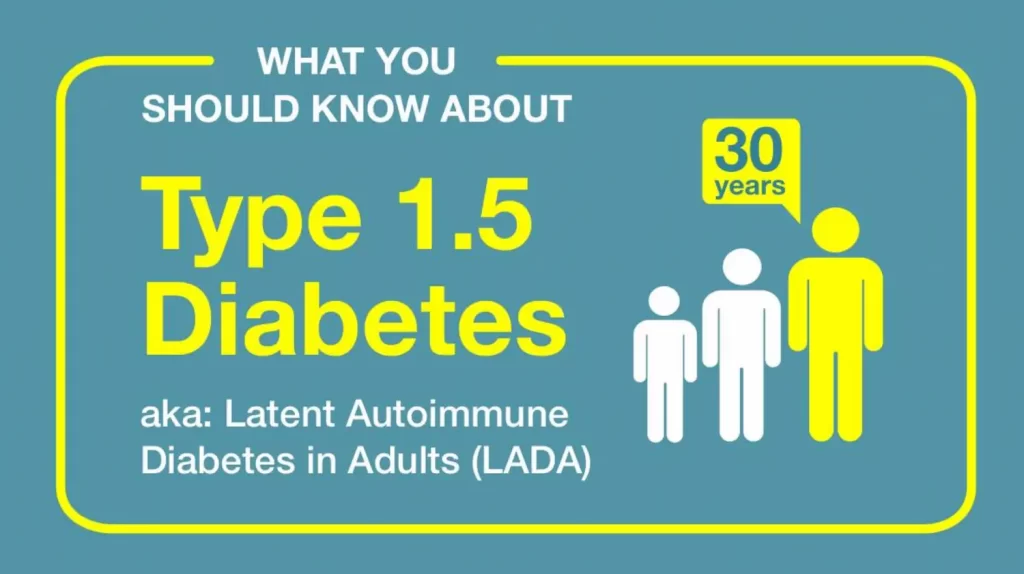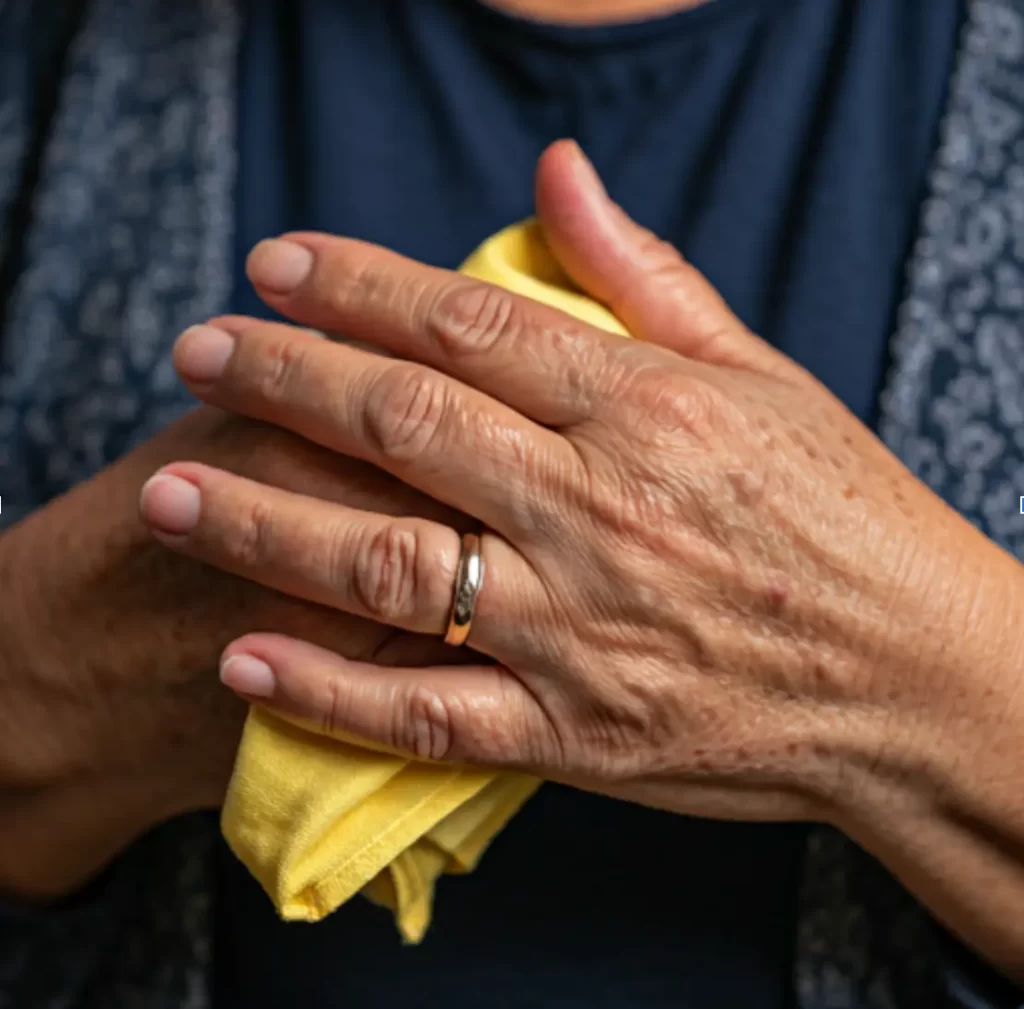What’s wrong with Angela?
By Marcos Otero
Angela is a young lady who presents to the clinic complaining of frequent burning urination. She just got married last week and developed her symptoms two days ago. She does not have a fever nor does her back hurt. She admits she has some blood in her urine. She has no nausea or vomiting. What is wrong with Angela?
This is a common presentation seen in the clinic every week. It occurs to females of all ages. She has a urinary tract infection.
A urinary tract infection is an infection in any part of your urinary system — your kidneys, ureters, bladder and urethra. Most infections involve the lower urinary tract — the bladder and the urethra.Women are at greater risk of developing a UTI than men are. Infection limited to your bladder can be painful and annoying.
Doctors typically treat urinary tract infections with antibiotics. However, you can take steps to reduce your chances of getting a UTI in the first place.
Symptoms
Urinary tract infections do not always cause signs and symptoms, but when they do, they may include:
- A strong, persistent urge to urinate
- A burning sensation when urinating
- Passing frequent, small amounts of urine
- Urine that appears cloudy
- Urine that appears red, bright pink or cola-colored — a sign of blood in the urine
- Strong-smelling urine
- Pelvic pain, in women — especially in the center of the pelvis and around the area of the pubic bone
- Fever
- Flank pain
- Nausea or vomiting
You can take these steps to reduce your risk of urinary tract infections:
- Drink plenty of liquids, especially water. Drinking water helps dilute your urine and ensures that you will urinate more frequently — allowing bacteria to be flushed from your urinary tract before an infection can begin.
- Drink cranberry juice. Although studies are not conclusive that cranberry juice prevents UTIs, it is likely not harmful.
- Wipe from front to back. Doing so after urinating and after a bowel movement helps prevent bacteria in the anal region from spreading to the vagina and urethra.
- Empty your bladder soon after intercourse. Also, drink a full glass of water to help flush bacteria.
- Avoid potentially irritating feminine products. Using deodorant sprays or other feminine products, such as douches and powders, in the genital area can irritate the urethra.
- Change your birth control method. Diaphragms, or unlubricated or spermicide-treated condoms, can all contribute to bacterial growth.
EDITORS NOTE: The patient is not real. Only an example.


